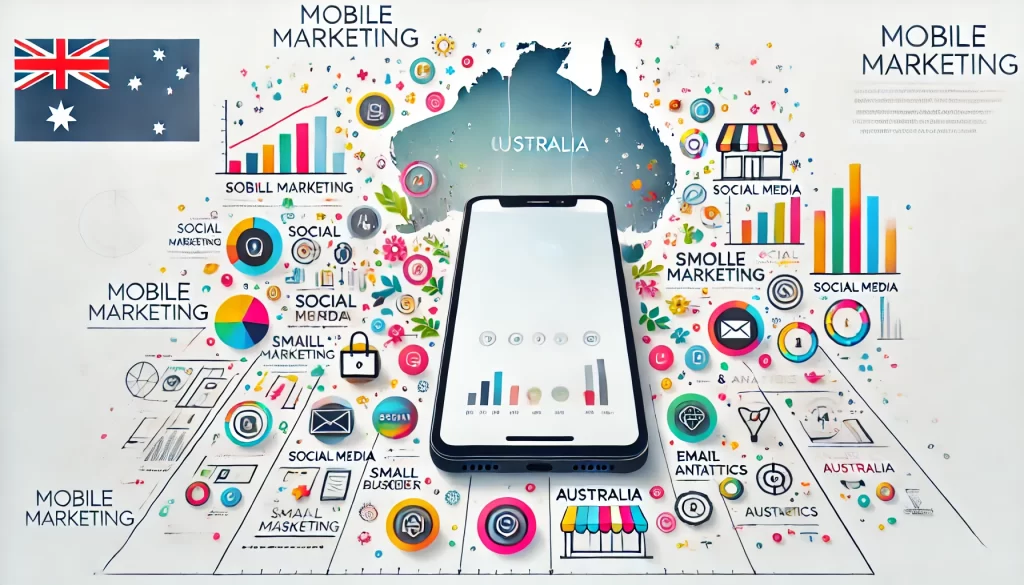For small and medium-sized enterprises (SMEs), standing out is a challenge. With limited resources and budget constraints, many SMEs struggle to compete against larger companies with more established brands and greater marketing budgets. Despite this, one powerful tool levels the playing field: content marketing.
Content marketing involves creating and distributing valuable, relevant, and consistent content to attract and engage a clearly defined audience. It’s a cost-effective way to build brand awareness, nurture customer relationships, and drive organic traffic. In this blog, we’ll explore why content marketing for SMEs is essential and how it can help grow your business.
1. Cost-Effective Lead Generation
For SMEs, traditional advertising methods like TV, radio, or print can be expensive and may not provide a solid return on investment (ROI). Content marketing, on the other hand, is a more affordable way to generate leads over time. By consistently producing valuable content that resonates with your target audience, you can attract potential customers without spending heavily on ads.
According to research by Demand Metric*, content marketing costs 62% less than traditional marketing and generates three times as many leads. This makes it a highly efficient strategy for SMEs looking to grow their customer base while staying within a tight budget.
How you can get started:
- Create blog posts, videos, and guides that answer common questions from your target audience.
- Offer valuable resources like ebooks or webinars in exchange for email addresses, building your email list for future outreach.
- Use social media to share your content and drive traffic back to your website.
For more tips on getting maximum ROI from your marketing efforts, check out our blog: Digital Advertising on a Budget: How to Maximise ROI with Cost-Effective Campaigns.
2. Building Brand Authority and Trust
In a world where consumers are bombarded with advertisements, trust is crucial. Modern buyers, particularly in the B2B sector, want to do business with companies they perceive as knowledgeable and reliable. By consistently publishing high-quality, informative content, your SME can position itself as an authority in its niche.
Why this matters:
- Consumers prefer informative content: A survey by Edelman found that 81% of consumers want to trust the brands they buy from. When your content provides valuable insights or solves a problem, it boosts your trustworthiness.
- Helps with longer sales cycles: For SMEs in industries with longer sales processes, such as real estate or software, content marketing can keep potential clients engaged through various stages of the buyer’s journey, building trust over time.
3. Boosting SEO and Organic Traffic
One of the biggest advantages of content marketing is its ability to improve search engine rankings for businesses. By regularly creating content that targets the keywords and phrases your audience is searching for, you can increase your website’s visibility on search engines like Google.
For SMEs, ranking high in search results is vital for driving organic traffic to your website. While paid advertising can get expensive quickly, organic traffic continues to grow with minimal ongoing costs. The more high-quality, relevant content you produce, the more search engines like Google will recognize your site as a valuable resource, leading to higher rankings and increased traffic.
SEO benefits of content marketing:
- Keyword optimization: By writing blog posts around keywords that your audience is searching for, you increase the likelihood of appearing in relevant search results.
- Backlink opportunities: High-quality content attracts backlinks from other websites, which boosts your domain authority and improves your SEO performance.
- Long-term results: Unlike paid ads that stop working when the budget runs out, content continues to drive traffic long after it’s published. A well-optimised blog post can keep bringing in visitors months or even years later.
Related article: How to Spy on Competitor SEO & Beat Them with Digital.
4. Engaging Your Target Audience
Consumers today want more than just a product or service; they’re looking for a brand that speaks to them and meets their unique needs. Content marketing allows SMEs to create meaningful connections with their audience by addressing their pain points, answering questions, and offering solutions.
For example, a local bakery might use social media and blog posts to share recipes, baking tips, and behind-the-scenes stories. This type of content not only educates and entertains but also creates a stronger emotional connection between the brand and its customers.
Content marketing strategies for engagement:
- Storytelling: Use your content to share your brand’s story, your values, and what makes you unique. This creates an emotional connection with your audience.
- Interactive content: Polls, quizzes, and surveys are excellent tools for engaging your audience and gathering valuable insights about their preferences.
- Social media content: Share behind-the-scenes videos, customer testimonials, and interactive posts that encourage likes, comments, and shares.
5. Nurturing Customer Relationships
Customer loyalty is invaluable, and content marketing is a powerful way to nurture relationships with both potential and existing customers. By providing ongoing value through content, you can keep your audience engaged and remind them why they should continue doing business with you.
Consider starting an email newsletter to keep your audience updated on new products, services, or helpful industry tips. By offering regular, valuable content directly to their inbox, you stay top of mind and reinforce the relationship.
Key relationship-building tactics:
- Email marketing: Share educational resources, product updates, and promotions through email to keep your audience engaged. This fosters long-term relationships and boosts customer retention.
- Personalised content: Segment your audience based on their interests or stage in the buyer’s journey, and create targeted content that speaks directly to their needs.
6. Measuring Success with Data
One of the great advantages of content marketing is its measurability. With the right tools, SMEs can track the performance of their content and see what’s working and what needs improvement. You can measure metrics such as website traffic, time spent on pages, click-through rates, social media engagement, and more.
This data helps SMEs make informed decisions, fine-tune their content strategies, and optimize ROI. By consistently reviewing the performance of your content, you can adapt to your audience’s preferences and maximize your results.
Conclusion: Why SMEs Can’t Afford to Ignore Content Marketing
Content marketing is no longer a luxury for SMEs—it’s a necessity. It offers a cost-effective way to attract leads, build trust, and drive organic traffic, all while nurturing relationships with customers.
By focusing on creating valuable, relevant content and optimizing your distribution strategy, your SME can build a strong online presence, engage your target audience, and drive sustained growth.
Are you ready to start your content marketing journey? Contact Webbuzz to see how our expert digital team can help!
*Source: https://www.demandmetric.com/content/content-marketing-infographic









